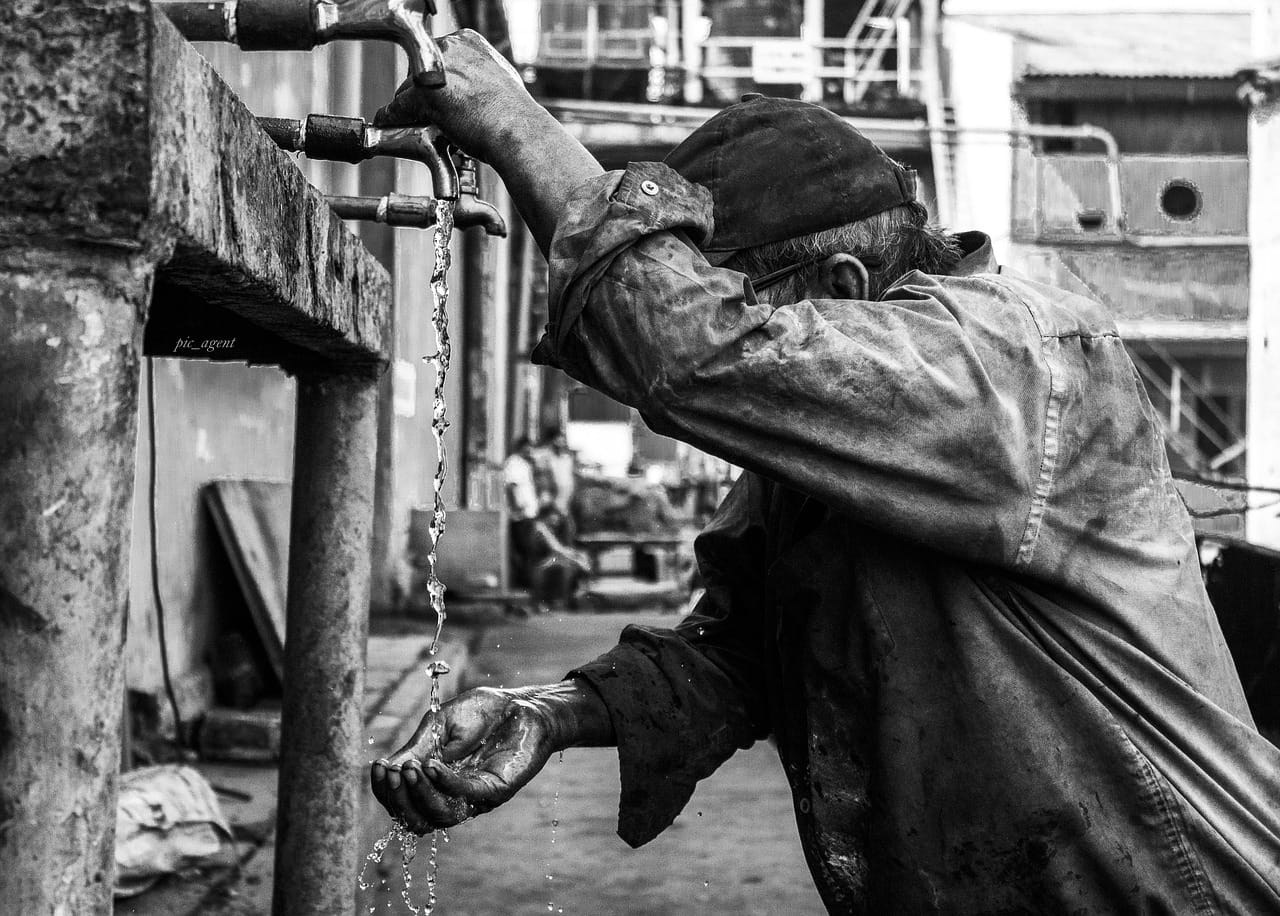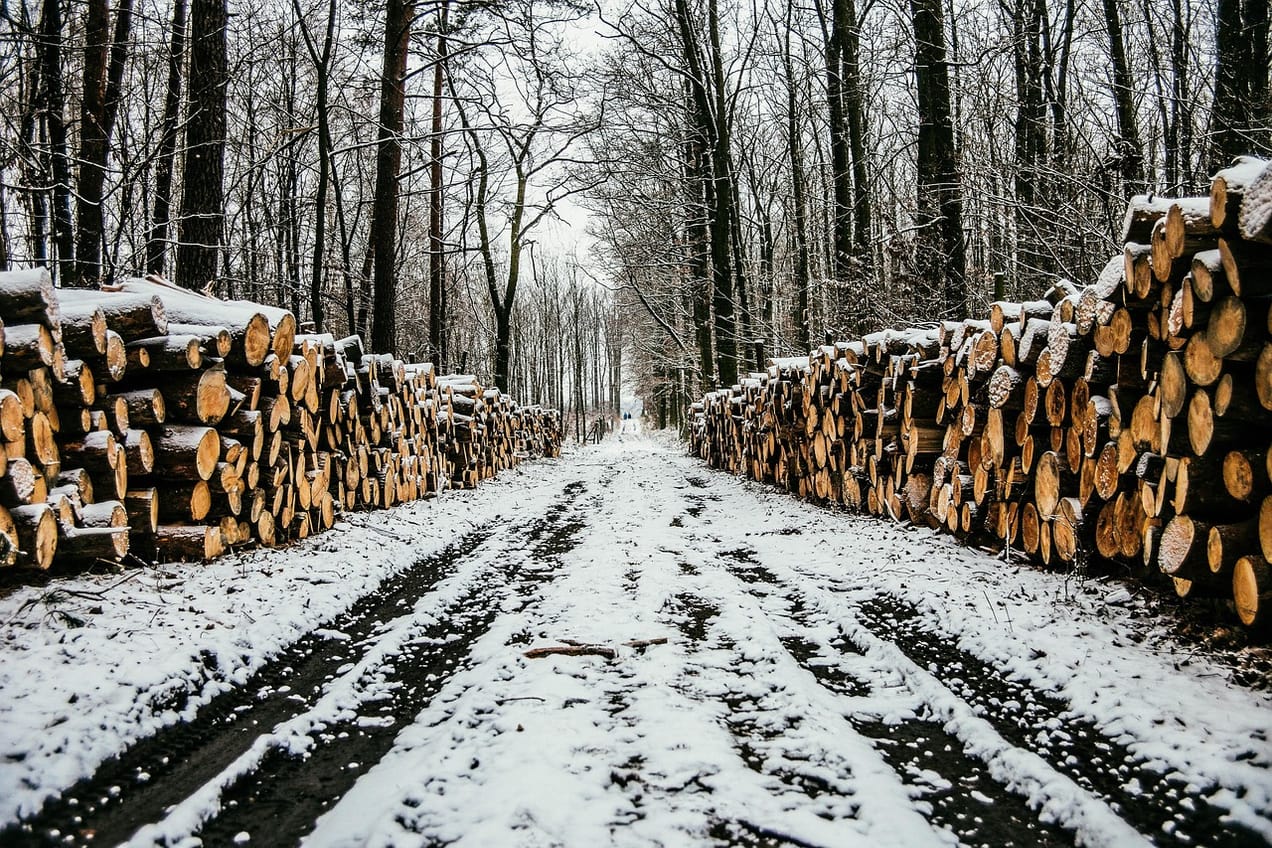
Labour exploitation in supply chains
Anti-slavery charity Unseen have found that incidents of labour exploitation across the food industry are rising. Unseen received a record number of calls to its modern slavery helpline, with a significant number of cases involving agriculture, farming, hospitality, and manufacturing sectors.
They identified 49 cases of modern slavery in agriculture and 235 potential victims in 2023. The hospitality sector had 73 cases and 324 potential victims, while manufacturing and logistics reported 15 and 9 cases, respectively, with numerous potential victims.
An article in The Grocer cites new research from Focus on Labour Exploitation (FLEX), which found that the government's seasonal workers scheme, relied upon by many farmers, was trapping labourers in cycles of debt. Workers, often from countries like Indonesia, Nepal, and India, were forced to pay extortionate fees to local recruiters for the chance to work in the UK.
In addition to that debt bondage, workers in the food supply chain frequently face excessive working hours, non-payment of minimum wage, and denial of holiday entitlements.
The article also highlights the vulnerability of workers in the tourism and hospitality industries, where complex challenges such as a fragmented workforce, franchising models, and seasonal employment arrangements increase the risk of labour exploitation and modern slavery.
In April, Giorgio Armani Operations (owned by Armani Group) was put into receivership by judges in Milan as it was accused of indirectly subcontracting production to Chinese companies that exploited workers. Armani Group said in a statement at the time that it had "always had control and prevention measures in place to minimise abuses in the supply chain."
The further one gets outside of an organisation into the value chain both upstream and downstream, the less control and assurance a business naturally has over activities, intermediary products, raw materials and unexpected events.
But stakeholders are increasingly considering the business as part of the broader ecosystem and are less inclined to absolve a business for 'sins of the connected.'
👉🏾 https://www.thesustainableinvestor.org.uk/deep-dive-weakest-link-supply-chain/
There has been plenty of regulation that has emerged to address the supply chain but even that can have unintended consequences as we discussed in this piece
👉🏾 https://www.thesustainableinvestor.org.uk/supply-chains-will-the-european-regulation-work/
And it highlights also the difficulty with an organisation's net-zero and broader decarbonisation efforts. Just how much control or even visibility do you have on your supply chain? It is one of the key areas of opposition to the SEC's Climate Disclosure Rules - the difficulty in gathering scope 3 emissions data, let alone controlling it.
This article featured in What Caught Our Eye, a weekly email featuring stories we found particularly interesting during the week and why. We also give our lateral thought on each one. What Caught our Eye is available to read in full by members.
If you are not a member yet, you can read What Caught Our Eye when it comes out direct in your email inbox plus all of our blogs in full...

Click this link to register 👉🏾 https://www.thesustainableinvestor.org.uk/register/

Please read: important legal stuff.

